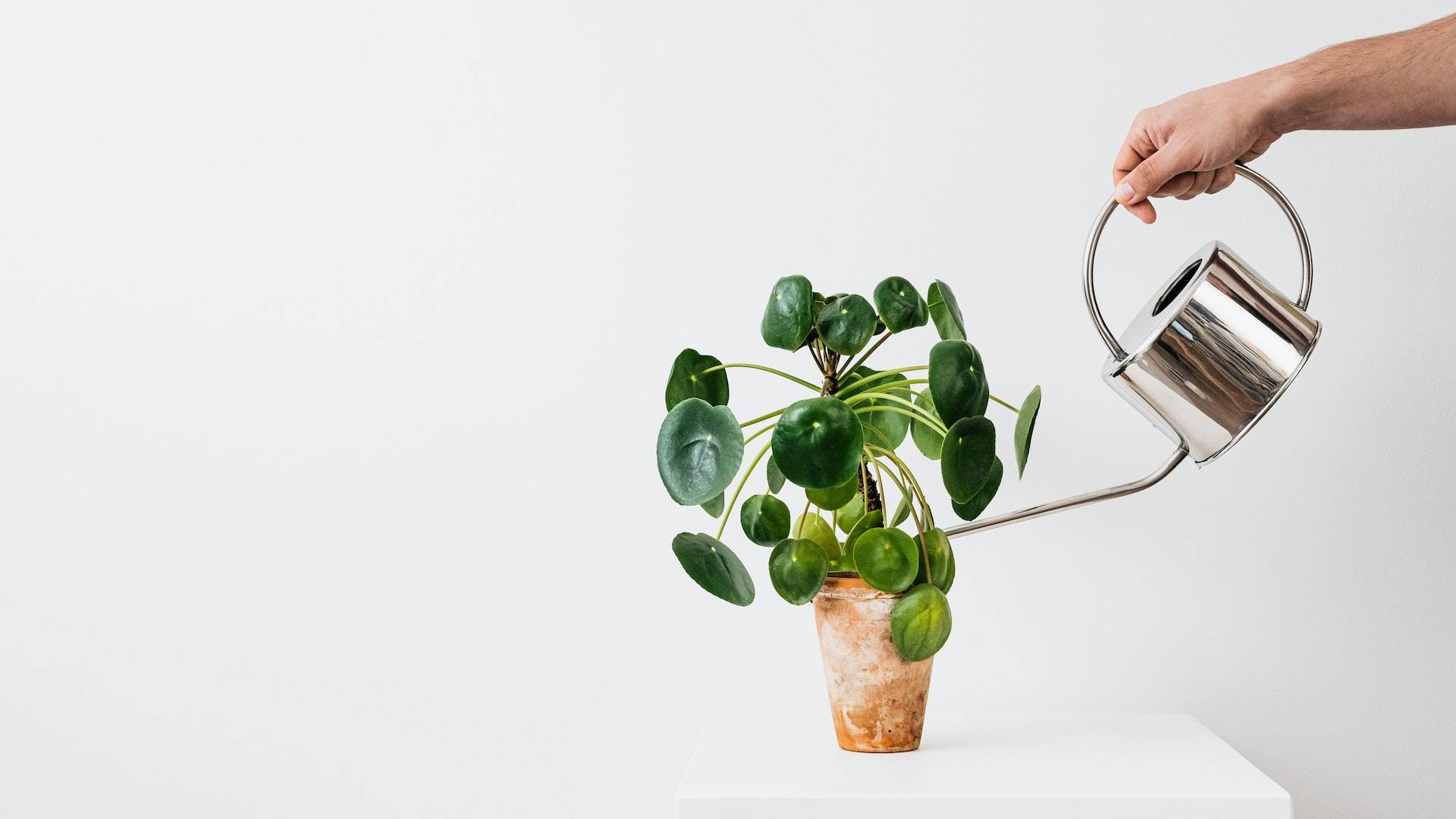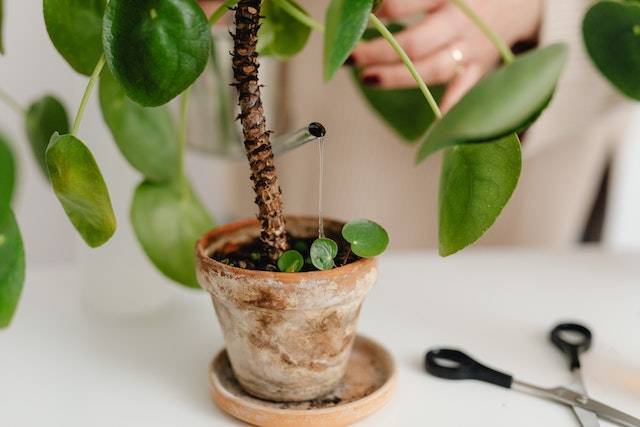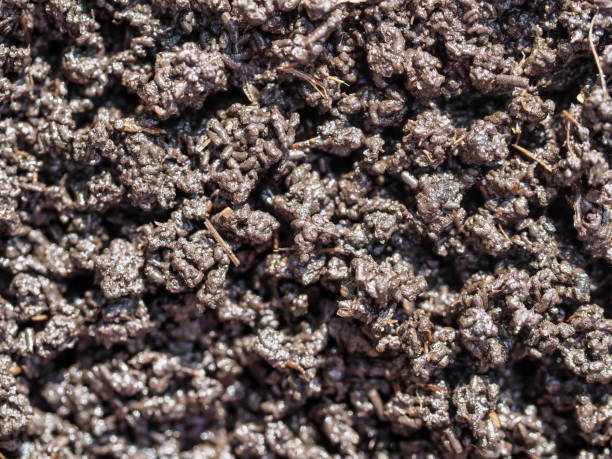
Leachate and Worm Tea look very similar but do not provided the same benefits for your plants. Let us explain the difference between the two and what to do with leachate.
Subscribe
Join our mailing list for little gardening tips and tricks for both indoors and out!
What is Leachate?
Leachate is caused by excess water in your worm bin. When you feed your worms food scraps those scraps consist of mostly water, which adds extra moisture to the bin as they breakdown. The food scraps are broken down worms and other microorganisms which releases more excess water into your worm bin. All this liquid makes it to the bottom of your bin or leaves the worm bedding incredibly moist, which can lead to a smelly bin or cause the worms to get sick.
The liquid you find at the bottom of your worm bin looks like it could be very beneficial for your plant but unfortunately it is not.
What is Worm Tea?
Worm tea is brewed Worm Casting, also know as WORM POOP. A liquid fertilizer that is filled with beneficial microbes and nutrients to water your plants and garden with, instead of just water.
If you are unfamiliar with worm castings, worm casting are produced by composting worms. Composting worms eat and breakdown organic mater, which includes food waste, paper waste, carboard, leaf matter, animal waste and anything compostable. The organic matter is broken down in the digestive tract of the worm. Beneficial microbes and nutrients from the organic matter the worm eat and broken down are packed into mucus coated waste called CASTING. Also know as LIQUID GOLD! Giving you a soil that is filled with beneficial microbes and nutrients!
Why you should not use Leachate to water plants
Leachate often contains bad microorganisms and harmful pathogens which can harm your plants and garden. Leachate specially should not be uses on edible plants due to contamination. Leachate can also contain high levels of salt which is not good for your plants and stripes nutrients from the soil.


How to make Worm Tea at home
Place Worm Casting in a mesh like bag, like a stocking or cheese cloth. Then place that bag of castings into dechlorinated water. Brew the casting for about 24 hours without a bubbler/aerator which adds oxygen. Or you can let it brew with out an aerator for abut 48 hours. The worm tea should be a golden brown to a dark brown in color. Giving you a all natural fertilizer that will not burn your plants!
Keep your worm tea stored away in a cool dark place to keep the microbial activity.
Extra
- Foods like lettuce and squash add lots of water to the worm bin. Avoid adding large amounts into your worm bin.
- Leachate is anaerobic
- You can discarded you leachate by poring it down the sink or toilet, or simply dump it in your driveaway. Avoid getting it on the grass.
- Leachate from a worm bin can also contain pollutants and contaminants that were present in the original organic material, such as heavy metals, pesticides, and pathogens
